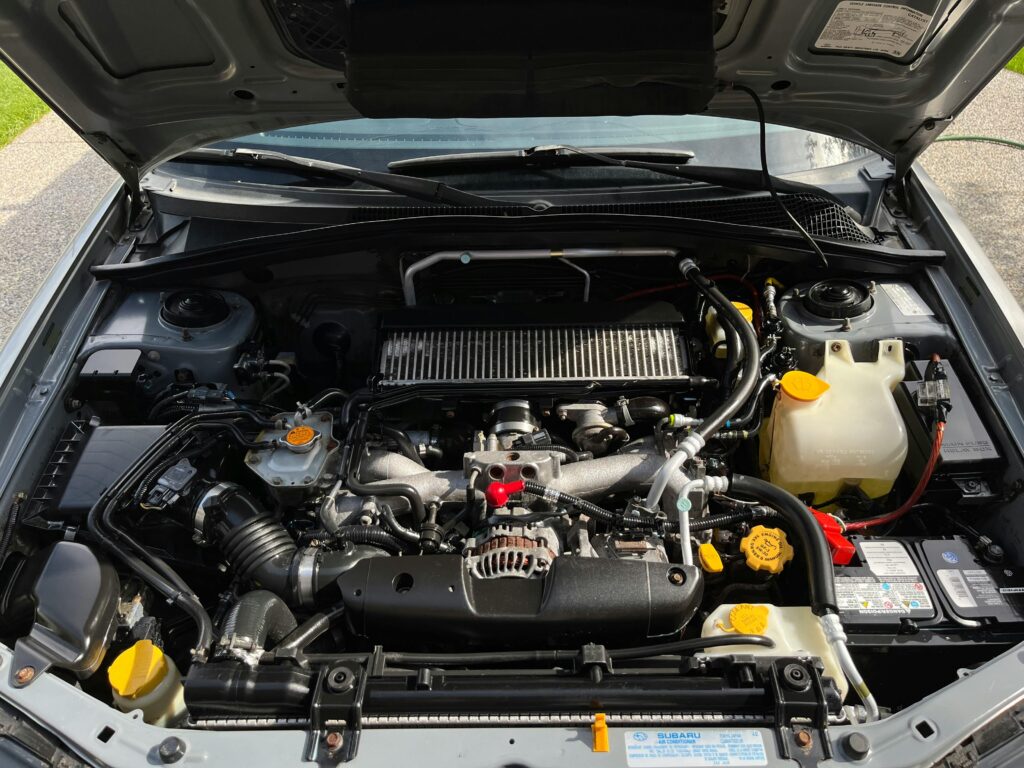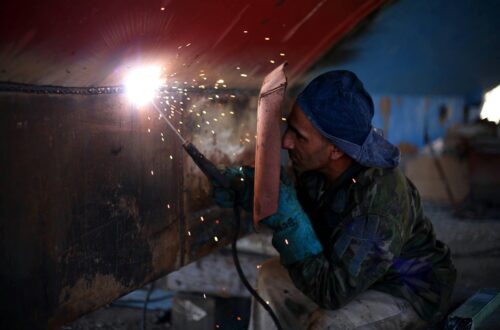Understanding Why Your Oil Heater Is Leaking
Discovering that your oil heater is leaking can be a stressful experience. Whether you rely on it for home heating or to maintain warmth in a workshop, any leak can indicate a serious issue requiring immediate attention. Understanding the possible causes, identifying early warning signs, and taking the right corrective actions can save you money and prevent further damage. This comprehensive guide explains everything you need to know about an oil heater leak, from diagnosis to repair and prevention.
Common Causes of Oil Heater Leaking
Oil heaters are designed to operate efficiently and safely, but various factors can cause the system to leak. Identifying the root cause is essential to determine whether you can take simple maintenance steps or need professional repair. Below are the most common reasons behind oil heater leaks.
1. Corrosion and Rust
One of the leading causes of oil heater leaks is corrosion. Over time, metal components exposed to moisture and heat can deteriorate. Rust or corrosion weakens the body of the oil tank or radiator, creating tiny holes or cracks that allow oil to seep out. This degradation often occurs in older units or heaters that have not received regular maintenance.
2. Faulty or Worn Seals
Seals and gaskets in your oil heater prevent fuel from escaping during operation. However, these rubber or silicone components can wear down over time due to heat exposure or chemical reactions with the fuel. When seals begin to fail, oil can leak at connection points, around valves, or near the pump assembly.
3. Overfilling or Pressure Build-Up
Sometimes the problem is not structural but operational. Overfilling the heater’s tank or reservoir can cause oil to spill or leak through pressure relief valves. Changes in temperature can also expand the oil, increasing internal pressure that pushes liquid through weak points in the system.
4. Damaged or Loose Connections
Every oil heater has various joints, fittings, and hoses that deliver oil to the burner or heating element. If any of these connections become loose or the tubing becomes cracked, oil can escape. This issue is especially common in portable oil heaters that are moved frequently, as vibration and movement can disrupt tight fittings.
5. Defective or Cracked Tank
The storage tank is another component susceptible to leaks. Steel and other metals expand and contract with temperature changes, and this repeated stress can eventually result in cracks. Once the tank is compromised, oil loss becomes almost inevitable and requires immediate professional intervention.
How to Identify an Oil Heater Leak

Recognizing the early signs of a leak can help prevent a small problem from escalating into major damage. Some symptoms are obvious, while others require a bit more attention. Here are effective ways to identify an oil heater leak before it worsens.
- Visual Inspection: Look for visible oil stains, slick spots, or dark puddles near or under the heater.
- Oil Smell: A persistent oily or fuel-like odor is a strong indicator of a leak, especially near the base or rear section of the heater.
- Unusual Performance: If your heater isn’t working efficiently, cycles on and off frequently, or emits smoke, a fuel delivery issue caused by a leak may be to blame.
- Residue on Surfaces: Sticky or greasy residue on nearby floors or walls can confirm an oil mist escaping from small leaks.
Regular inspections, at least once per season, can help catch these warning signs early and prevent severe issues that require costly repairs.
Immediate Steps to Take When Your Oil Heater Is Leaking
If you discover an oil heater leak, it’s crucial to act quickly to minimize risks such as fire, health hazards, and property damage. Here’s a practical step-by-step approach to contain the leak safely.
- Turn Off the Heater: Immediately power down the heater and disconnect it from the electrical supply to prevent overheating or ignition.
- Contain the Spill: Use absorbent materials like rags, paper towels, or cat litter to soak up spilled oil. Avoid using water, as it can spread the contamination.
- Ventilate the Area: Open windows or use fans to ensure the odor dissipates and hazardous fumes don’t accumulate indoors.
- Check for the Source: If you can safely locate the origin of the leak—such as a cracked seal or loose connection—document it for a repair technician.
- Contact a Professional: For significant leaks or uncertain causes, contact a certified heating technician or plumber experienced with oil systems.
Prompt action can help minimize both safety risks and environmental contamination. Never attempt to operate a leaking unit until it’s fully repaired and inspected.
Repair and Maintenance Solutions
Depending on the source of the leak, repair solutions can range from simple seal replacement to full tank replacement. Here’s how professionals typically address oil heater leaks and what maintenance practices can keep the system running smoothly.
Professional Repairs
A qualified technician will first isolate and clean the leaking area to determine the precise cause. They might replace corroded elements, tighten fittings, or install new gaskets. For severe leaks involving a damaged tank, replacement is often the safest and most cost-effective option. After repairs, the technician should test the unit to verify there are no remaining leaks and that performance has returned to normal.
Routine Maintenance
Prevention is always better than repair. Regular maintenance checks can keep your oil heater in optimal condition. Schedule an inspection at least once a year, ideally before the heating season begins. During maintenance, ensure that oil filters are replaced, joints are tightened, and any developing rust is treated promptly. Keeping the surrounding area dry and free from debris also helps prevent long-term issues.
Preventing Future Oil Heater Leaks
With correct use and maintenance, you can reduce the likelihood of leaks dramatically. Follow these proactive prevention tips:
- Inspect your oil heater and tank quarterly for signs of corrosion or loose fittings.
- Maintain proper oil levels—avoid overfilling the tank.
- Use high-quality oil suitable for your specific heater model.
- Ensure adequate ventilation to reduce moisture accumulation around the heater.
- Schedule annual professional servicing to detect early wear or damage.
Consistent maintenance not only extends the life of your oil heater but also ensures reliable heating efficiency during colder months. A well-maintained system provides both safety and energy savings throughout its lifespan.
Conclusion
An oil heater leak should never be ignored. Even a minor seep can escalate into a major hazard if left unchecked. By understanding what causes leaks, how to detect them early, and how to act quickly, you can protect your property and ensure your heating system’s longevity. Always remember that safety comes first—when in doubt, consult a licensed professional who can repair the leak safely and restore your heater to optimal performance. With vigilance and regular care, your oil heater will continue to provide warmth efficiently and securely throughout many seasons.






